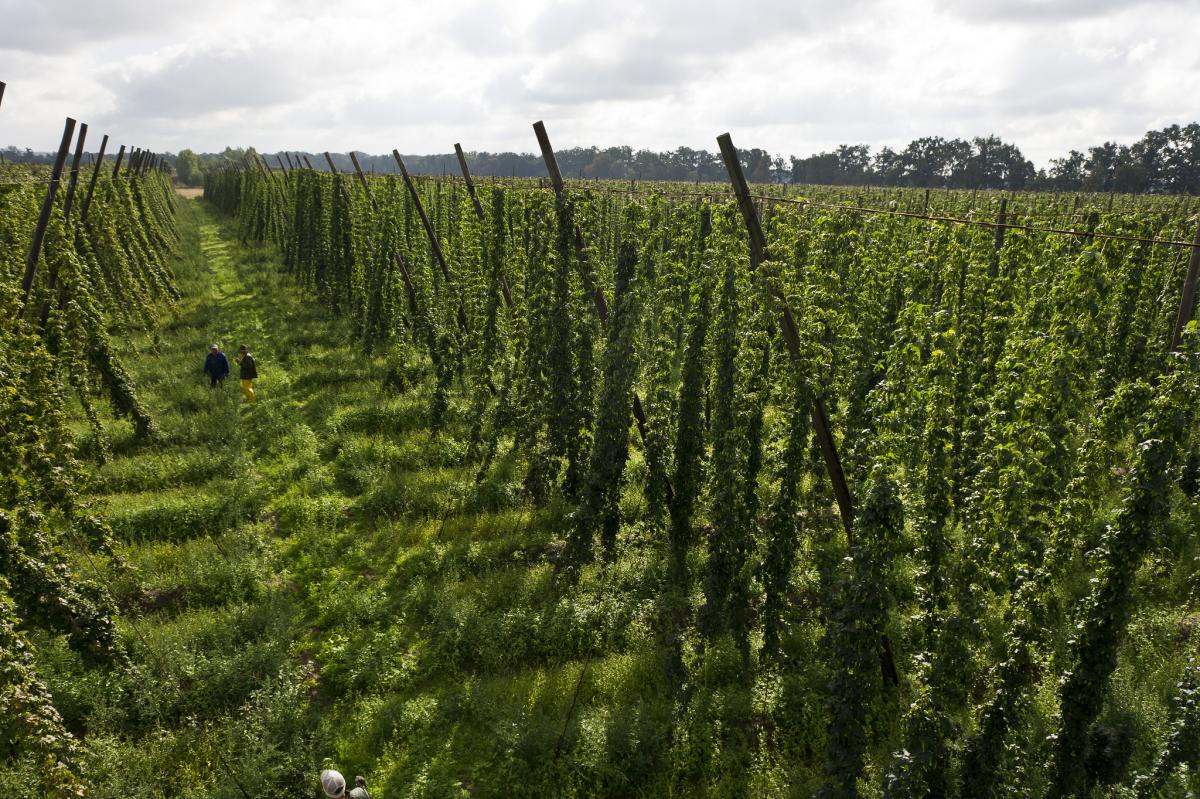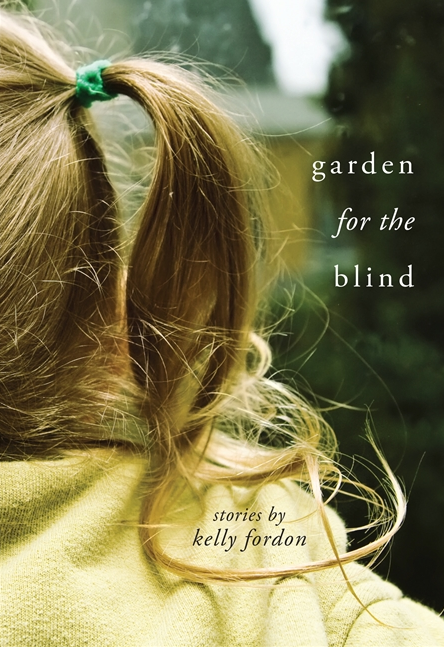Please join us as we welcome newcomers to our pages, Cassie Pruyn and Henk Rossouw, and welcome back contributor Kevin O’Connor.
Ask a Local: Mercedes Cebrián, Madrid, Spain
With MERCEDES CEBRIÁN

Your name: Mercedes Cebrián
Current city or town: Madrid
How long have you lived here: 45 years, with some interruptions, as I have also lived in Philadelphia, London, and Rome.
Grands Travaux
I’m at an arts center in Brussels, waiting to see a movie and trying to look Belgian. Or at least not American. Or at least not like an American who’s here without purpose, floating through this city for a few days because, for the first time in many years, she happens to be in Europe. Because I know almost nothing about actually beingBelgian, though, my strategy is basically just to look bored. As if, like the other theatergoers, I’m here simply to support the arts festival that’s taking place, not cataloguing the hip crowd of people chattering around me in French and Dutch, nor analyzing their sensibly edgy way of dressing, nor contemplating the drizzling rain outside the wall of windows that covers the tourist pubs and designer clothing boutiques with a faint gray haze. As if everything is vaguely pleasing but ordinary. There’s something childlike both in my desire to hide and the belief that it is necessary and possible to do so, and I find myself wondering if the skittishness that comes over me when I travel is a version of what everyone feels when she is alone and in a foreign place, or if this feeling speaks to some larger weakness specific to me.
Friday Reads: July 2016
This July, join our summer staff in going deep with your beach reading. We’re taking on ambitious projects: books that span lifetimes, begin series, and jump between planes of existence. Here are novels for your existential angst, elegies for your crises of purpose, works to help you through your election-related anxiety—what better time than summer to disappear into a world that could take over your mental world for perhaps thousands of pages, letting you take on life’s most daunting questions?
Recommended:
A Handful of Dust by Evelyn Waugh, My Struggle: Book I by Karl Ove Knausgaard, The Duino Elegies by Rainer Maria Rilke, My Brilliant Friend by Elena Ferrante
National Endowment for the Arts Awards $10,000 to The Common

Amherst, MA. Dec. 8, 2015—For the second year in a row, The Common literary magazine has been awarded an Art Works Grant of $10,000 from the National Endowment for the Arts. Based at Amherst College, The Common is one of 80 organizations across the country to receive an NEA Literature grant in 2015. The NEA funds will be matched by $20,000 from Amherst College and support:
- A special issue of contemporary Arabic fiction, Tajdeed (Renewal), to be published in April 2016
- The Common in the Classroom, an educational outreach program providing resources for educators to bring the magazine’s diverse, place-based literature into classrooms across the country
The Common Wins Firecracker Award
The CLMP Firecracker Award 2016. The Community of Literary Magazines and Presses (CLMP) has named The Common a finalist for the Firecracker Award, an award dedicated to celebrating independent literary publishers.
Watch LitFest Videos
Amherst College posts videos from the various Lit Fest 2016 events. The videos feature Angela Flournoy, Lauren Groff ’01, Deborah Treisman, Harold Augenbraum and Jen Acker ’00.
Review: Memories: From Moscow to the Black Sea
Book by TEFFI (Translated from Russian by ROBERT and ELIZABETH CHANDLER, ANNE MARIE JACKSON, and IRINA STEINBERG)
Reviewed by
 Teffi, nom de plume of Nadezhda Lokhvitskaya, was born in 1872 into a prominent Russian family. Following in the footsteps of her older sister Maria—poet Mirra Lokhvitskaya—Teffi published poetry and prose from the age of 29. She soon rose to fame by practicing a unique brand of self-deprecating humor and topical social satire. In her 1907 hit one-act play The Woman Question, subtitled A Fantasy, Teffi imagined a world in which a women’s revolution against men achieves a full role reversal. Women come to occupy the prominent political, military, academic, professional, and bureaucratic roles, while men are subjugated to the childcare and household management tasks. Though the play’s ending largely dismisses this scenario and trivializes the feminist cause, through humor, the piece makes the point that bad behavior—infidelity, sexual harassment, excessive drinking, pettiness—is a function of social status rather than of biological sex.
Teffi, nom de plume of Nadezhda Lokhvitskaya, was born in 1872 into a prominent Russian family. Following in the footsteps of her older sister Maria—poet Mirra Lokhvitskaya—Teffi published poetry and prose from the age of 29. She soon rose to fame by practicing a unique brand of self-deprecating humor and topical social satire. In her 1907 hit one-act play The Woman Question, subtitled A Fantasy, Teffi imagined a world in which a women’s revolution against men achieves a full role reversal. Women come to occupy the prominent political, military, academic, professional, and bureaucratic roles, while men are subjugated to the childcare and household management tasks. Though the play’s ending largely dismisses this scenario and trivializes the feminist cause, through humor, the piece makes the point that bad behavior—infidelity, sexual harassment, excessive drinking, pettiness—is a function of social status rather than of biological sex.
Hops

When we were young, white, and poor, we were handed dull machetes. At first light, in the back of half-ton grain trucks, we rode past the peppermint fields and the pear orchards of southern Oregon. We were strangers thrown together like dice in a cup. Some of us smoked quietly or blew the steam off the tops of take-out coffee containers. Others sipped whiskey from dented flasks or spit tobacco into plastic bottles. In ratty plaid shirts, torn dungarees, and worn out boots we looked the part of migrant workers. We would work twelve hours with half-hour lunch breaks that felt like no break at all. At the end of our shift we were older, more broken, and still in debt.
Review: Garden for the Blind
Book by KELLY FORDON
Reviewed by
Garden for the Blind is a more idiosyncratic book than one might realize after a cursory read, a provocative and unconventional meditation on privilege, fate, and the city of Detroit. Kelly Fordon’s debut in full-length fiction is a collection of closely interlinked short stories that follow a small cast of characters from childhood to middle age. One of the satisfactions of reading linked-story collections is the sensation, a bit like time travel, of being guided through someone’s life by someone (think Ebenezer Scrooge and the Christmas ghosts) who knows all the most important moments to show you. Fordon seems to imply this in one of the stories near the end of the collection, “In the Museum of Your Life,” in which a gallery visit inspires the protagonist, Alice, to act as a guide to her own past. Paintings and objects become portals to memory, leaving her with nostalgia, guilt, regret, and unanswerable questions of fate and free will.








